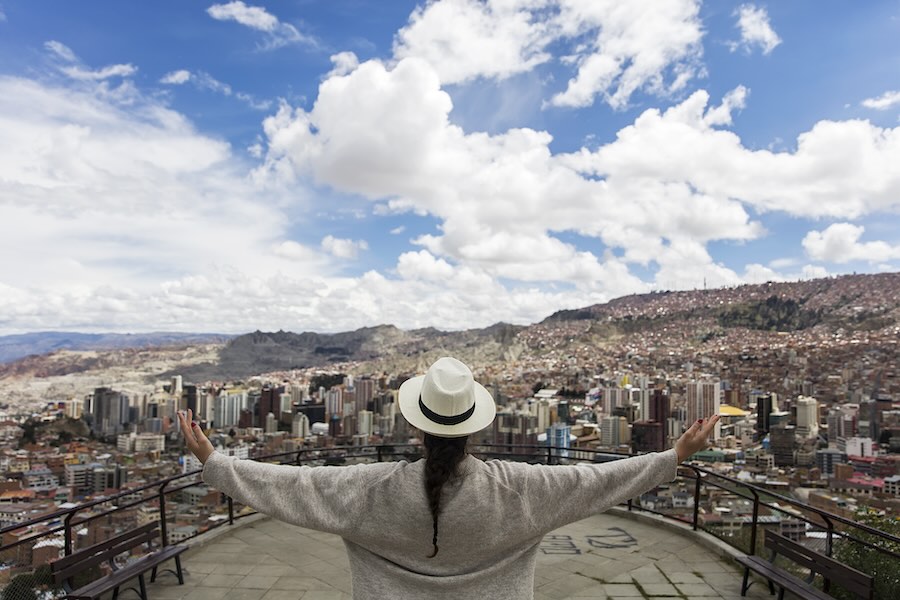
On Janaury 22, 2006 Evo Morales an Aymara Indian became the first President of Bolvian to be a decendent of the indigenous people of Bolivia. Morales who heads the Bolivian socialist party had been a strongly crtical of the Untied States and vowed to nationalize the Bolivian natural gas industry.
On January 22, 2006, Evo Morales, an Aymara Indian, made history by becoming the first President of Bolivia who was a descendant of the country’s indigenous people. This event marked a significant moment in Bolivia's history, as Morales's election represented a profound shift in the nation's political and social landscape. Morales, who led the Movement for Socialism (MAS) party, had long been a vocal critic of the United States and Western neoliberal policies. His presidency was characterized by a strong commitment to indigenous rights, social reform, and the nationalization of Bolivia’s vast natural gas industry.
Evo Morales's rise to power was deeply rooted in his background and experiences as an indigenous leader. Born on October 26, 1959, in the rural village of Isallavi in the Oruro Department, Morales grew up in a family of subsistence farmers. His early life was marked by poverty, and he often had to work as a llama herder and coca farmer to support his family. These experiences shaped his worldview and fueled his commitment to advocating for the rights of Bolivia’s indigenous population, who had been marginalized and oppressed for centuries.
Before entering politics, Morales became involved in the coca growers' union, where he emerged as a prominent leader. The coca leaf, which is a traditional crop in Bolivia and has cultural significance for indigenous people, had become a contentious issue due to its use in producing cocaine. The United States, through its "War on Drugs" policies, had pressured the Bolivian government to eradicate coca production, leading to tensions and violent clashes between coca farmers and government forces. Morales's leadership in defending coca growers' rights brought him national attention and established him as a powerful figure in Bolivian politics.
In 1997, Morales was elected to the Bolivian Congress, where he continued to champion the causes of indigenous rights and social justice. His political platform resonated with a broad coalition of indigenous people, labor unions, and other marginalized groups who were disillusioned with the existing political order. Morales's Movement for Socialism (MAS) party gained traction by promising to challenge the neoliberal economic policies that had dominated Bolivia for decades and to reclaim the nation's natural resources for the benefit of its people.
Morales's election as president in 2005 was a turning point for Bolivia. He won with 54% of the vote, a significant majority that underscored the public's desire for change. As president, Morales immediately set about implementing his agenda of social and economic reforms. One of his most significant actions was the nationalization of Bolivia’s natural gas industry. On May 1, 2006, Morales issued a decree that placed the country’s vast natural gas reserves under state control. This move was seen as a bold assertion of national sovereignty and a rejection of foreign control over Bolivia's resources.
Morales’s nationalization policy was part of a broader effort to redistribute wealth and reduce poverty in Bolivia. The revenues from the natural gas industry were used to fund social programs, including education, healthcare, and infrastructure development. These initiatives significantly improved living standards for many Bolivians, particularly in rural and indigenous communities.
However, Morales's presidency was not without controversy. His strong stance against the United States and his alliances with other leftist leaders in Latin America, such as Venezuela's Hugo Chávez and Cuba's Fidel Castro, strained Bolivia's relations with Washington. Morales's policies also faced opposition from Bolivia's business elite and some regional governments, particularly in the resource-rich eastern provinces, where there were calls for greater autonomy.
Despite these challenges, Morales's presidency was a milestone in Bolivia's history. He remained in office for nearly 14 years, winning re-election in 2009 and 2014, and his tenure brought significant changes to the country. Morales's legacy is one of empowerment for Bolivia’s indigenous population and a reassertion of national control over the country’s natural resources. His election and policies marked a new era in Bolivia, one that sought to address the deep-seated inequalities that had long plagued the nation.
 >
>